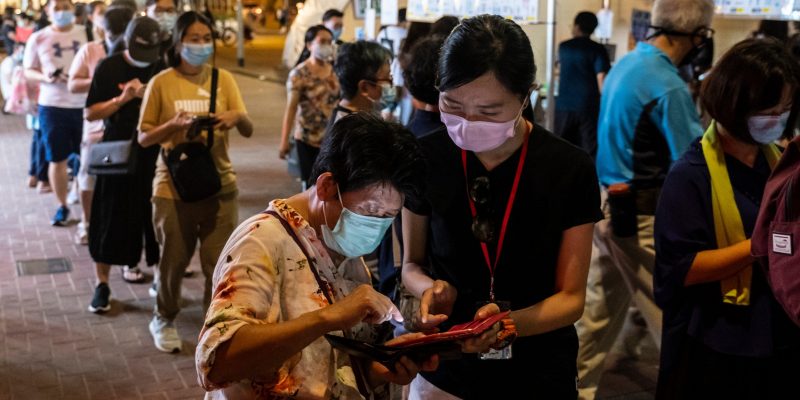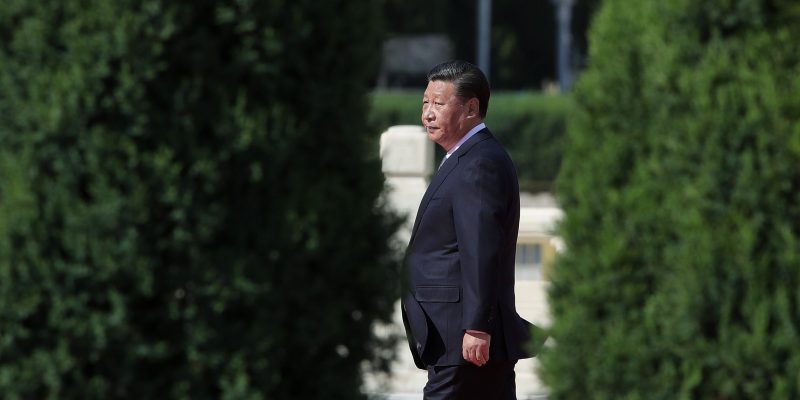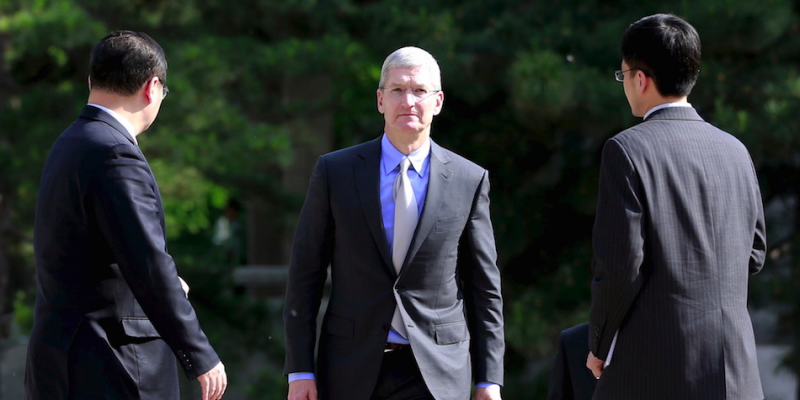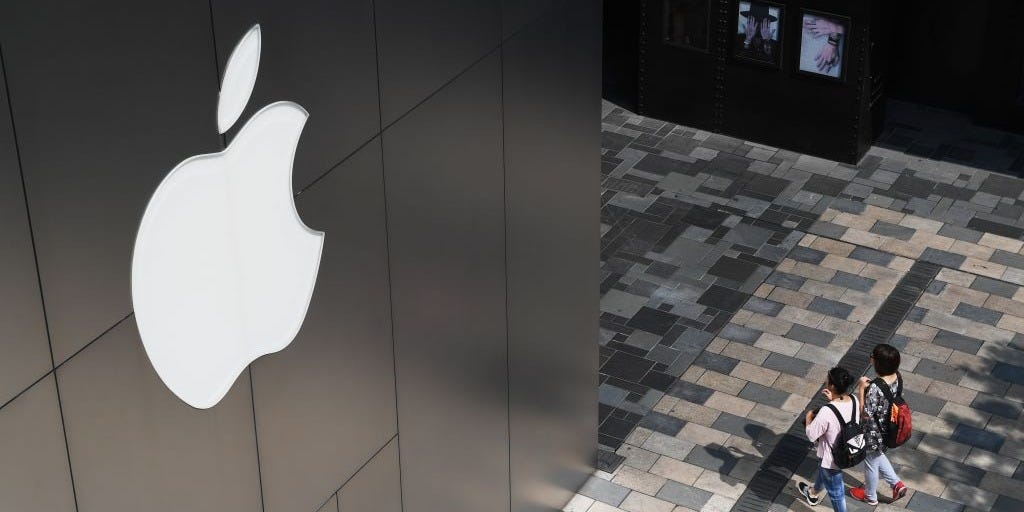- Apple appeared to stop an online-voting app used by Hong Kong pro-democracy election organizers from going live.
- The organizers had planned to use PopVote in last Sunday’s primary election to choose pro-democracy candidates to run in September’s legislative elections.
- Apple initially rejected the app over coding issues, which were later fixed. Employees at the app told Quartz that Apple ignored them afterwards, and the app never went live.
- Apple, which relies on China for product manufacturing, has removed multiple apps from the Chinese and Hong Kong app stores at the request of Beijing in the past.
- TikTok exiled itself from Hong Kong this week, suggesting that tech companies have to chose whether to stay in Hong Kong and face Chinese pressure, or leave and abandon business opportunities.
- Visit Business Insider’s homepage for more stories.
Apple appeared to exclude an app used by Hong Kong’s pro-democracy politicians during primary elections this past weekend. It is an indication of new limits to internet freedom that the city’s residents might expect to see more of as China continues to encroach on their rights.
PopVote, a voting platform, was used on Sunday by the organizers of unofficial primary elections which saw people chose which candidates should run in September’s legislature elections.
While the app was quickly accepted to the Google Play store, Apple rejected the iOS version over coding issues, PopVote told Quartz.
The developers fixed the code within hours, Edwin Chu, an IT advisor for the app, told Quartz, but Apple then repeatedly ignored multiple requests for an update and the app never made it onto the App Store.
"We think it is being censored by Apple," Chu said. Apple did not immediately respond to Business Insider's request for comment.

Over the last 24 months China has chipped away at Hong Kong's autonomy as part of President Xi Jinping's plan to fully return Hong Kong to China after 150 years of British rule and 23 years of quasi-independence.
China first attempt to gain more control was to propose an extradition bill in February 2019.
It sparked more than a year of protests. In response, Beijing made disrespecting the Chinese national anthem a crime, and, on June 30, passed a new national-security law that gave it unprecedented powers to arrest and extradite anyone suspected of subversion or dissent.
Apple's long history with China
One area where the battle for control of Hong Kong is being fought is online - both a result of foreign companies fearing China's wrath, and Chinese government's own pressure.
Apple is dependent on China for its manufacturing supply chain, and has been quick to placate Beijing before over Hong Kong.

PopVote is the latest in a long line of apps either removed or prevented from making it to the Hong Kong and Chinese App Stores. The trend has accelerated over the last year.
Here is a list of apps that Apple removed from the App Store in response to demands from the Chinese government:
- 2017: A number of VPN apps used by some people to bypass Chinese internet censors.
- January 2017: The New York Times news app.
- October 2019: An app used by Hong Kong protesters to track police whereabouts.
- June 2020: A podcast app.
In October 2019, Apple also removed the flag of Taiwan from the iOS emoji keyboards for people in special Chinese administrative regions like Hong Kong and Macau.
(Taiwan has long maintained independence, despite Beijing's claims that Taiwan is a Chinese territory, and has expressed support for an independent Hong Kong.)

There have been other examples of self-imposed censorship by companies operating in Hong Kong.
TikTok said on Monday it was ending access for users in Hong Kong following the imposition of the national-security law.
Accessing TikTok's app or website from Hong Kong now renders an error message.
It is clear that all tech companies or apps operating in Hong Kong will soon face a choice between complying with Beijing's increasing demands for censorship, or abandoning the market in favour of independence and moral superiority.
- Read more:
- 600,000 people in Hong Kong turned out to vote in primaries for pro-democracy parties. Now China says they could have all broken the draconian new security law.
- The New York Times will move some employees out of Hong Kong in response to the city's contentious national security law
- How China killed Hong Kong's pro-democracy movement in less than a year, while the rest of the world was too weak to help
- Here are all the countries considering citizenship, visa protections, or refugee status for Hong Kongers fleeing China's harsh new security law
